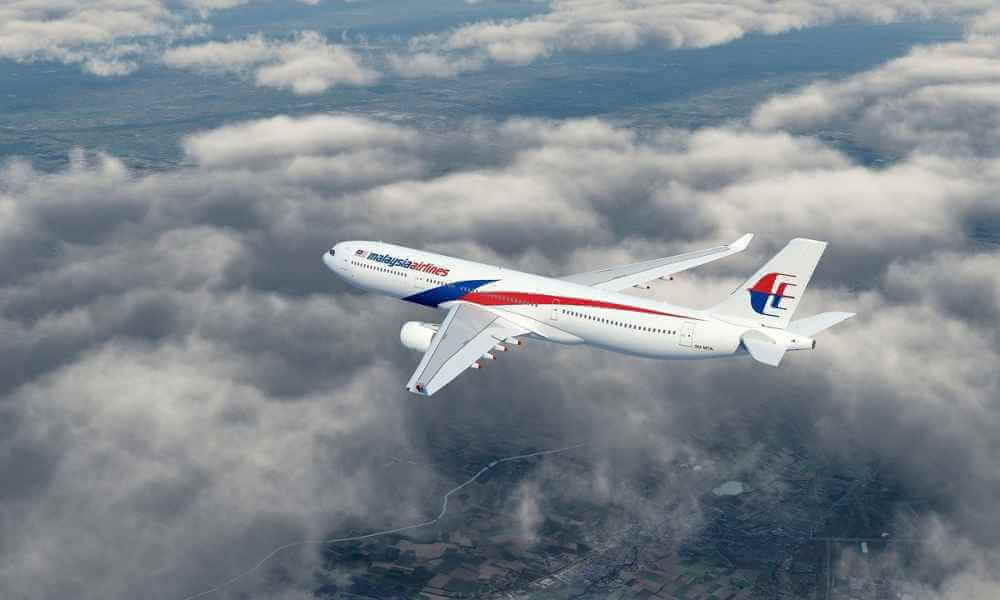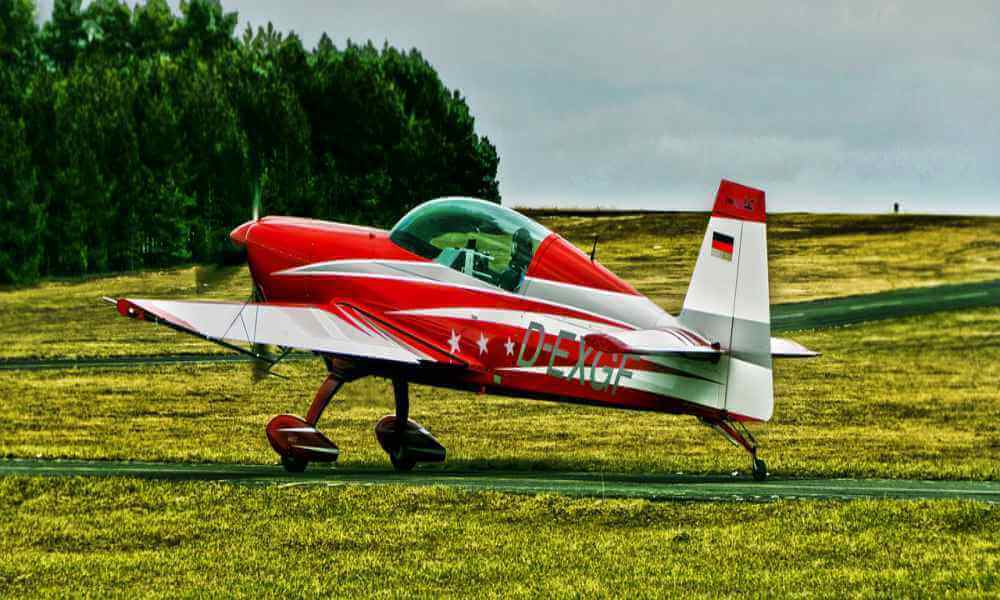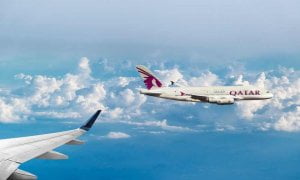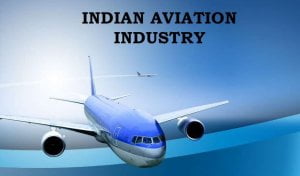International Air Transport Organization (IATA) is a trade association whose members are of airlines around the world. It was established in the year 1945 with a mission ‘to be the force for value creation and innovation driving a safe, secure and profitable air transport industry that sustainably connects and enriches our world’.

IATA’s headquarters is located in Montreal, Canada. IATA has been instrumental in formulating global aviation policies and standards, and further has been constantly supporting member airlines in various activities. Over 265 airlines in over 117 countries are members of IATA, carrying 83% of the world’s air traffic. IATA membership is open to both cargo and passenger airlines.
International Air Transport Organization (IATA)
1. History and Origin
IATA was established in Havana, Cuba on the 19th April 1945 with an aim to foster ‘inter-airline cooperation in promoting safe, reliable, secure and economical air services – for the benefit of the world’s consumers’.
The present day IATA is a successor of the International Air Traffic Association founded in Hague in 1919. In the year 1945, at its inception, IATA was founded with 57 members from 31 nations. Today IATA some of the leading and largest passenger and cargo airlines of the world are its members. Global aviation industry has grown manifold since the inception of IATA.
2. Role of IATA
IATA was founded with the mission to promote and support global aviation. The 3 important missions that guide IATA are as below:
- Representing the Airline Industry by improving ‘understanding of the air transport industry among decision makers and increase awareness of the benefits that aviation brings to national and global economies’iii.
- Leading the Airline Industry by developing ‘global commercial standards upon which the air transport industry is built’iv.
- Serving the Airline Industry by helping ‘airlines to operate safely, securely, efficiently, and economically under clearly defined rules’.
International Air Transport Organization (IATA)
The role of IATA in aviation is wide ranging which can be highlighted in the below discussed priority areas:
i. Increasing Safety and Security for passengers, crew and cargo, and also for the aircrafts. ii. To enable Payment and Distribution Transformation. iii. To reduce charges, fees and taxes to make flying accessible to all.
- Implement practices globally to remove existing regulatory restrictions for Fast Travel solutions.
- Improving the Regulatory and Legal Environment in order to foster the growth of aviation industry.
- Promoting Sustainable Aviation Fuel Projects in order to mitigate ecological issues associated with aviation.
- Monitor and maintain high levels of membership satisfaction in order to represent lead and serve the global aviation industry better.
3. Activities Services and Functions of IATA
IATA was formed with the below discussed objectives:
- To promote safe, regular and economical air transport for the benefit of the people of the world, to foster air commerce and study the problems connected therewith
- To promote means for collaboration among air transport enterprises engaged directly or indirectly in international air transport service.
- To cooperate with ICAO and other international organisations. There is always close association and dialogue between ICAO and IATA.
IATA engages itself in wide range of activities and function by providing service in the below listed areas:
- IATA Accreditation – Travel & Cargo: IATA accredits the travel agents which authorizes them to sell domestic and international tickets on behalf of IATA member airlines. IATA authorised travel agents also have access to Billing and Settlement Plan (BSP) which creates a platform for ‘efficient interface for invoicing and payment between the agent, airlines and transport providers’. IATA also accredits airlines and Cargo Agents who are involved in transportation of fright globally. IATA recognised agents and airlines have recognition for financial and professional competence. Airlines working with IATA cargo agents have access to a worldwide distribution network of approved agents to sell their product.
IATA also offers certification programs in Air Ticketing and Cargo to travel agents and students interested in pursuing air ticketing as a career.
- IATA Codes: IATA is the international body that is responsible for assigning unique codes to airline, its destinations – countries, cities, airports – and its traffic documents. IATA codes are not only essential to but are also fundamental to the smooth running of numerous electronic applications which have been built around these coding systems for passenger and cargo traffic purposes. These codes are assigned to make the operations easier and hassle free for both airlines and passengers.

- All Airlines have a 2 letter alpha numerical codes. For example Jet Airways is 9W.
- All cities / airports have 3 letter alpha codes. For example Bangalore is BLR.
- All countries have 2 letter alpha codes. For example India is IN.
- All individual flights have alpha numerical codes prefixed by the airline code. For example Jet Airways Bangalore – Singapore flight at 2035 Hrs is assigned a code 9W442.
- Consultation: IATA, with over 70 years to experience in aviation industry also provides consultancy services to various stakeholders of aviation industry. IATA provides assistance in the areas such as Airlines, Ground Handling & Cargo, Airport, Passenger and Safety, Environment, Economy and Safety and Flight Operationsviii.
- Safety & Flight Operations Solutions: IATA also is an expert body in providing safety and flight operations tools and business intelligence solutions to players in the aviation industry. They are designed to support a safe, secure, efficient and economical air transport industry that is environmentally sustainable. IATA also provides services to the industry in the areas of Air Traffic Management, Safety, Quality and Flight Operations etc.
- Financial Services: IATA provides simple, secure and effective financial solutions across the air transport industry such as Airlines, Civil Aviation Authorities, Air Navigation Service Providers, Airports, Travel Professionals and Industry Partners.
- Business Intelligence and Statistics: Business intelligence driven by accurate data is become profoundly important in making business decisions today.

Every decision in the competitive business environment today must be backed by data that is analysed to derive meaningful interpretations. IATA has been one the important and credible sources of data in various areas of aviation. IATA publishes relevant data periodically and also compiles data on request. These data and statistics are an important part of business intelligence for airlines and other players in the aviation industry.
- Security Solutions: IATA offers advice, guidance, support, all the latest regulatory information and opportunities to network. IATA also provides training for airport and aircraft security personnel.
- Airport Solutions: IATA offers a wide range of services in airport construction, maintenance and operations. T also offers training for airport staff and personnel in various areas of airport operations.
4. Membership
Membership of IATA is open to all airlines operating scheduled and non-scheduled air services that maintain an IATA Operational Safety Audit (IOSA) registration. The members of IATA enjoy various benefits and advantages such as international recognition, networking opportunities with various international airlines and agencies, reduced cost in various transactions and settlements, platform for training and other services.
5. Organization and Governance Structure
IATA has 54 offices in 53 countries and it represents close to 265 airlines from 117 countries. Flights by IATA member airlines represent over 83% of total traffic globally. The IATA regions are divided into 5 regions namely,
- Africa and Middle East
- Europe
- China and North Asia
- Asia Pacific
- The Americas
IATA was given an assent to a special Act of the Canadian Parliament incorporating IATA on December 18, 1945. The Articles of Association of IATA regulates the activities and affairs of IATA. The Annual General Meeting amends the Articles of Association from time-to-time. The most recent the 68th Annual General Meeting made amendments in 2012 held in Beijing. IATA is governed by an appointed Nominating Committee that makes recommendations to the Annual General Meeting for appointments of members to the Board of Governors.
IATA is composed of a Board of Governors, which acts like the government or the governing body of IATA. Its members exercise an oversight and executive role on behalf of the membership as a whole in representing the interests of the Association.
Besides the above, there are six industry committees namely, Cargo, Environment, Financial, Industry Affairs, Legal and Operations committees. These committees represent their respective areas and make recommendations when required. Also IATA has a Working Group and Traffic Conferences. Traffic Conferences provide a forum for traffic coordination discussions. Also render services as a central source of traffic information for publishers and members.



